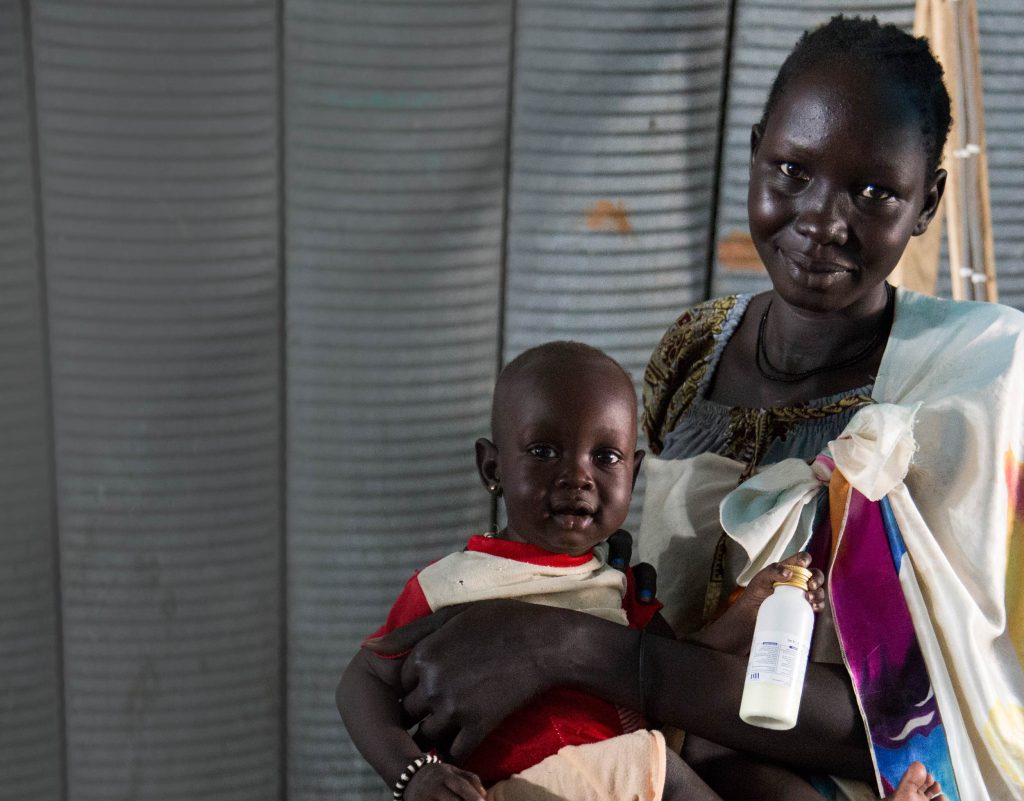
Reproductive, Maternal & Newborn Health
Women's & Children's Health
During emergencies, protracted crisis, early recovery or development, International Medical Corps provides and/or supports a wide range of services to reduce maternal and newborn illnesses and deaths. These include:
- Minimum Initial Service Package (MISP), implemented during the onset of crisis to prevent and manage the consequences of sexual violence, prevent excess maternal and newborn morbidity and mortality, reduce HIV transmission, and plan for comprehensive Reproductive Health services beginning in the early days and weeks of an emergency.
- Family planning programming including emergency contraception.
- Maternal and newborn health services including basic and comprehensive emergency obstetric care; essential newborn care; antenatal, delivery, and post-natal care; provision of clean delivery kits; immunizations; and post-abortion care with management of complications resulting from unsafe abortion and miscarriage and referral for psychosocial support.
- Sexual healthcare including prevention and management of sexually transmitted infections (STIs) and reproductive tract infections through community-level action such as education and condom programming as well as clinical case management (commonly the syndromic approach). We also offer detection and treatment of cervical cancer, and prevention and treatment of HIV/AIDS, including prevention of mother-to-child transmission of HIV (PMTCT).
- Adolescent sexual and reproductive health.
Our Response
Even in the most complex emergencies, International Medical Corps is committed to maintaining the highest levels of reproductive, maternal, and newborn health based on internationally recognised minimum standards and best practices. When violence in South Sudan reached a civilian protection zone, thousands of people had fled for their lives, with 18 people killed and invaluable medical equipment and facilities destroyed. Amid the chaos was Tekeselassie Gebreyohannes, known as Dr Tek, an Ethiopian OB/GYN. With war waging around him, Dr Tek and the International Medical Corps team delivered three healthy babies in an old shed, followed by a fourth in a nearby shipping container. Even in the most desperate of settings, life goes on, and we are able to focus on reproductive, maternal, and newborn health when it is needed most.
Globally there are about 287,000 maternal deaths a year. A vast majority of them are preventable.
International Medical Corps is currently implementing 25 projects with a Maternal and Newborn Health component.
Minimum standards call for at least four basic obstetric facilities per 500,000 people, and one complex obstetric facility.